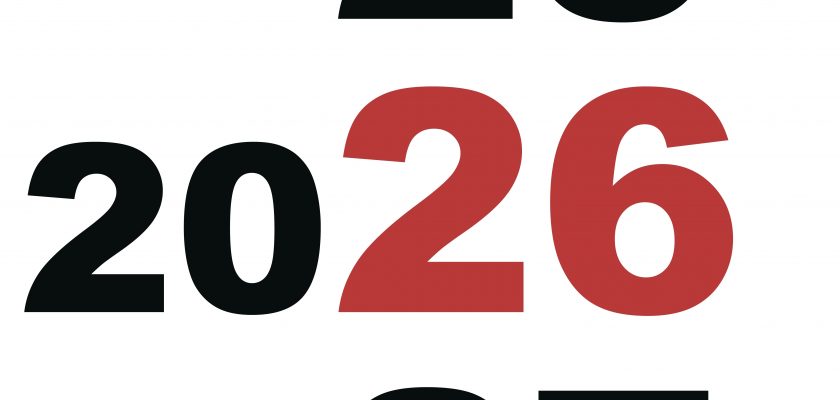Thoughts on Smarter Contracting ahead of the November Budget…
As the UK edges closer to the Chancellor’s November Budget, organisations across all sectors are bracing themselves for another round of fiscal tightening, tax adjustments, and cautious growth forecasts. In such a climate, procurement is no longer just about “buying better”-it’s about re-engineering how contracts are structured, how payments flow, and how supply chains are governed.
This is where Ureapa can add real, measurable value.
Beyond “What You Pay”: The Shift to “How You Pay”
Traditional procurement focuses heavily on the unit cost of goods or services. While price negotiations remain important, today’s volatile markets demand a more nuanced approach. Cash flow, working capital, and supplier resilience are now critical levers for business performance.
Ureapa helps organisations design innovative payment structures – from outcome-based contracting to milestone-driven invoicing – that protect both the buyer’s liquidity and the supplier’s stability. By shifting the focus from “cheapest” to “smartest,” organisations can unlock value without undermining service quality or supply continuity.
For example, a facilities management contract might be recast from a flat monthly fee into a blended model where payments flex with utilisation levels. This not only prevents overpayment during downturns but also incentivises suppliers to optimise efficiency.
Contracting as a Strategic Tool
In the current UK economy – where inflationary pressures remain sticky and borrowing costs are high – the right contracting approach can be as valuable as a cost reduction initiative. Ureapa specialises in building commercial models that align incentives across the value chain.
Think about supplier-led innovation clauses: instead of simply fixing a price for three years, contracts can be designed to share the benefits of productivity gains, carbon reduction, or technology adoption. This turns suppliers into partners in transformation rather than just cost centres.
Another approach is to incorporate agility into contracts. With government policy and market conditions shifting at pace, rigid multi-year deals can expose organisations to unnecessary risk. Flexible frameworks, benchmarking clauses, and volume-adjustment mechanisms create the breathing room to adapt without constant re-tendering.
Managing the Supply Chain, Not Just the Contract
Engaging with Ureapa also means stepping back to look at the bigger picture: how the supply chain is governed and supported. In a climate where SMEs are under pressure and sustainability goals are rising up the agenda, procurement leaders need to balance short-term cost control with long-term supply resilience.
Practical tools-such as supplier segmentation models, risk heat maps, and collaborative performance dashboards – are part of Ureapa’s toolkit. These give organisations the visibility to spot early warning signs and intervene before small issues escalate into supply chain failures.
The Procurement Opportunity in a Tough Economy
The November Budget will likely bring further pressure on organisations to “do more with less.” But cost cutting alone is not a sustainable strategy. By rethinking contracting, cash flow management, and supplier governance, procurement can deliver both resilience and efficiency.
Ureapa is at the forefront of this shift, equipping organisations with the frameworks, models, and expertise to turn contracting into a competitive advantage. In today’s climate, it’s not just about what you pay – it’s about how you structure, manage, and extract value from every commercial relationship.



